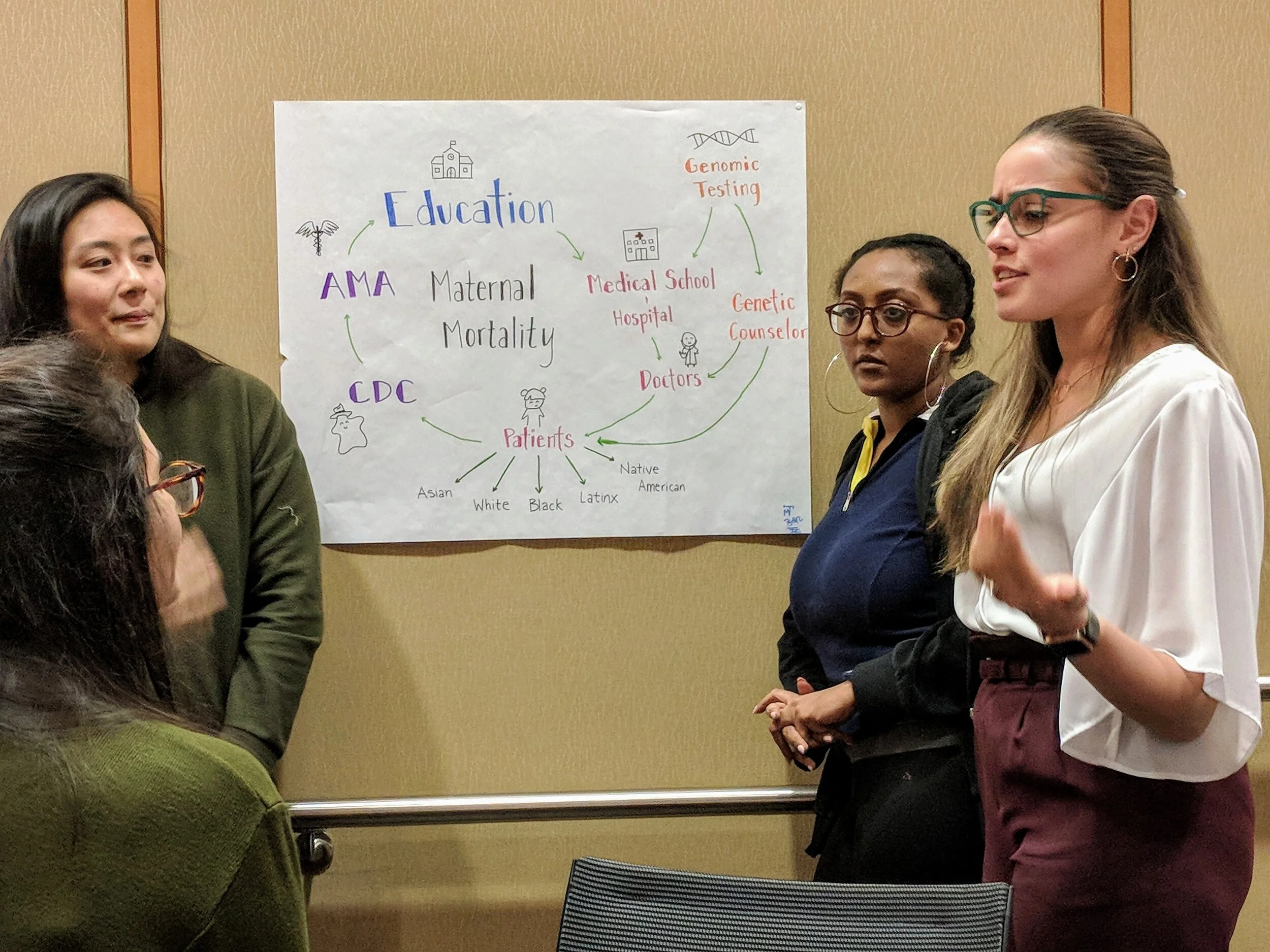International Development Requires an Adaptive and Iterative Process for Complex Problem-Solving
/In the realms of government, business, and academia acronyms sprout like tangled weeds. The team at the Building State Capability Program, part of the Center for International Development at Harvard University, uses a facilitation and a design-thinking process called PDIA. They have been told many times that their acronym is clunky and not easy to understand. So we collaborated to create this 2-minute whiteboard animation for students, facilitators, clients, and all people working to solve complex problems.
Read More








